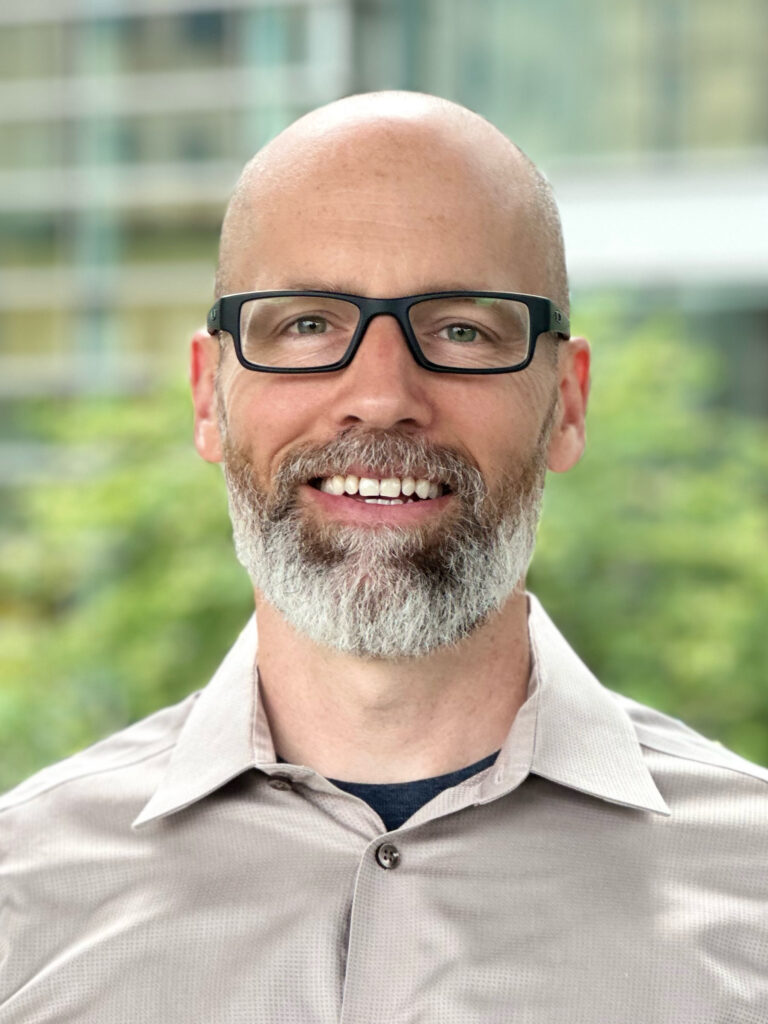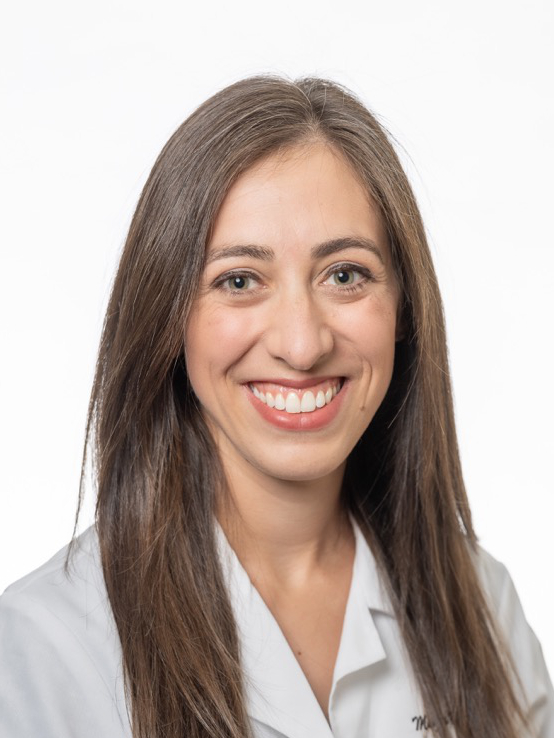

Justin Myers, DO, MPH, FACEP
Co-Director, Health Equity and Global Emergency Care Fellowship;
Associate Professor
justin_myers@med.unc.edu
The UNC Health Equity and Global Emergency Care Fellowship offers preparation for future leaders in Global Health and Health disparities, to improve the delivery of Emergency Care for underserved populations in all areas of the world, both domestically and internationally. Fellows will gain experience in research, education and clinical care in health disparities and/or resource-limited settings by drawing on the wealth of resources at the University of North Carolina in Chapel Hill. Fellows will be prepared for leadership positions within academic Emergency Medicine and/or international health organizations with a focus in Global Health and/or Health Equity. This fellowship is 24 months in length.


Co-Director, Health Equity and Global Emergency Care Fellowship;
Associate Professor
justin_myers@med.unc.edu


Co-Director, Health Equity and Global Emergency Care Fellowship
Assistant Residency Program Director
Assistant Professor
maglin_halsey@med.unc.edu
*Examples of Global Sites for research/development/education and collaboration: Kenya, Malawi, South Africa
The top-ranked UNC Gillings School of Global Public Health offers a 12- or 24-month MPH degree. Our fellows can complete the Public Health Leadership Program (PHLP) which contains a 12-month Health Care and Prevention track, specifically designed for medical students and fellows or a 24-month Leadership track, designed for returning professionals and includes the convenience of online training. The fellow can customize the MPH degree within the school’s 8 departments in order meet their educational goals. Tuition and fees are covered by the fellowship.
The Health Emergencies in Large Populations (HELP) course is offered by the Johns Hopkins Bloomberg School of Public Health in joint collaboration with the International Committee of the Red Cross (ICRC).
“The HELP course has offered humanitarian workers an intensive training experience in public health principles and disaster epidemiology. The course was founded based on the need for humanitarian workers to acquire a holistic understanding of the needs of refugees, internally displaced persons, and others affected by natural disasters and conflict in order more effectively manage health crises in emergency settings.”
The fellowship provides funding and scheduling flexibility to allow the fellow to attend this conference at the beginning of the 1st or 2nd year. This conference will further expand the fellow’s global health networks and will provide further training in emergency and medical care in resource-limited settings.
Fellows have typically spent a majority of their oversees work in East and South Africa. Past and ongoing fellow projects include WHO Basic Emergency Care Training, Emergency and Acute Care Epidemiology, Youth Violence, Emergency Department Triage, Point of Care (POC) Ultrasound Development, Head Injury Care and Prevention, and Emergency Nursing Capacity Building. The overseas experience may be tailored to the fellows interest insofar as it supports the program’s mission of advancing emergency care/education/training/advocacy in this area of the world and the interest of our local collaborators. As a division we are actively involved with collaborations with other academic institutions such as Brown University, and other US based affiliates working in East Africa. Fellows will have the opportunity to combine resources and ideas with fellows from these partner institutions.
Preference will be given to individuals who have demonstrated a commitment to address health disparities abroad as well as to those who intend to pursue a career in Global Emergency Medicine, particularly within resource-poor settings.
Applicants must complete United States-based residency training in Emergency Medicine by June 30 of the year of matriculation.
Application Requirements:
All application materials must be submitted by SEPTEMBER 30th of each year.
WE ARE ACCEPTING APPLICATIONS NOW (2023) FOR HIRING IN JULY 2024!
A selection committee will interview top candidates (usually in October and early November) and announce appointments on November 14th or after.
Please email the following materials to Drs. Justin Myers and Maglin Halsey-Nichols at Justin_myers@med.unc.edu and maglin_halsey@med.unc.edu.